Suzhou Artificial Intelligence Summit: China's Rise to Global AI Prominence
The Suzhou Artificial Intelligence + Innovation Development Conference has been a highly anticipated tech event in recent years, aiming to promote the application and development of artificial intelligence technology in various fields. At this year's conference, DeepSeek, a leading domestic AI large model, drew significant attention with its groundbreaking achievements in natural language processing and semantic analysis, sparking widespread discussions and accolades.

13 February 2025
As a testament to Suzhou's commitment to AI development, the city has been actively integrating into the national AI development strategy, accelerating the empowerment of various industries to improve their quality and efficiency. Last year, Suzhou's related industries achieved a scale of over 200 billion yuan, with more than 2,000 AI-related enterprises, 15 smart computing centers, and 49 municipal innovation alliances. The city has been dedicated to building a "百模千景万算" (hundred models, thousands of scenes, and ten thousand calculations) AI city, focusing on supply and demand, and promoting the application of AI in manufacturing, transportation, energy, education, healthcare, tourism, finance, and other fields.
DeepSeek's achievements in the field of artificial intelligence not only represent the rise of Chinese technology but also spark intense discussions about global AI competition. International figures such as Elon Musk and Emmanuel Macron have commended DeepSeek, with a mix of admiration and envy, reflecting the complex mindset of the West when faced with China's technological advancements. Macron's comments on DeepSeek at the Paris AI conference highlighted the complexity of his sentiments, underscoring the unease in the West about China's rapid technological progress.
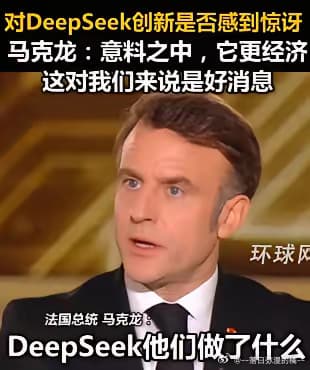
The significance of DeepSeek's accomplishments extends beyond the company itself, as it underscores China's strategic advantages in the AI race. The ease of use, intelligence, and programming capabilities of DeepSeek have surpassed those of 96% of software engineers, and its reasoning and logic have outperformed 99% of online participants. These achievements are attributed, in part, to the unique characteristics of the Chinese language, which provides a distinct edge in AI research. The structural complexity and context dependency of Chinese characters, for instance, may drive the development of more sophisticated semantic analysis technologies.
Moreover, the combination of a few thousand Chinese characters can resolve the issue of new word creation, a distinct advantage over other languages. In contrast, English vocabulary is expanding rapidly, creating a professional knowledge barrier that ordinary people find difficult to overcome. The philosophical underpinnings of Chinese thought, including its emphasis on gray areas and the principles of uncertainty, also align well with AI's characteristics, potentially offering a more conducive environment for AI development than the binary, black-and-white approach of Western philosophy.
The competition between DeepSeek and OpenAI, with DeepSeek emerging as a frontrunner, is not merely a technological contest but also a reflection of deeper cultural and historical factors. Huawei's founder, Ren Zhengfei, has emphasized the importance of China's philosophical and cultural heritage in the development of AI, suggesting that the country's advantages in the virtual world are rooted in its unique blend of mysticism and materialism.
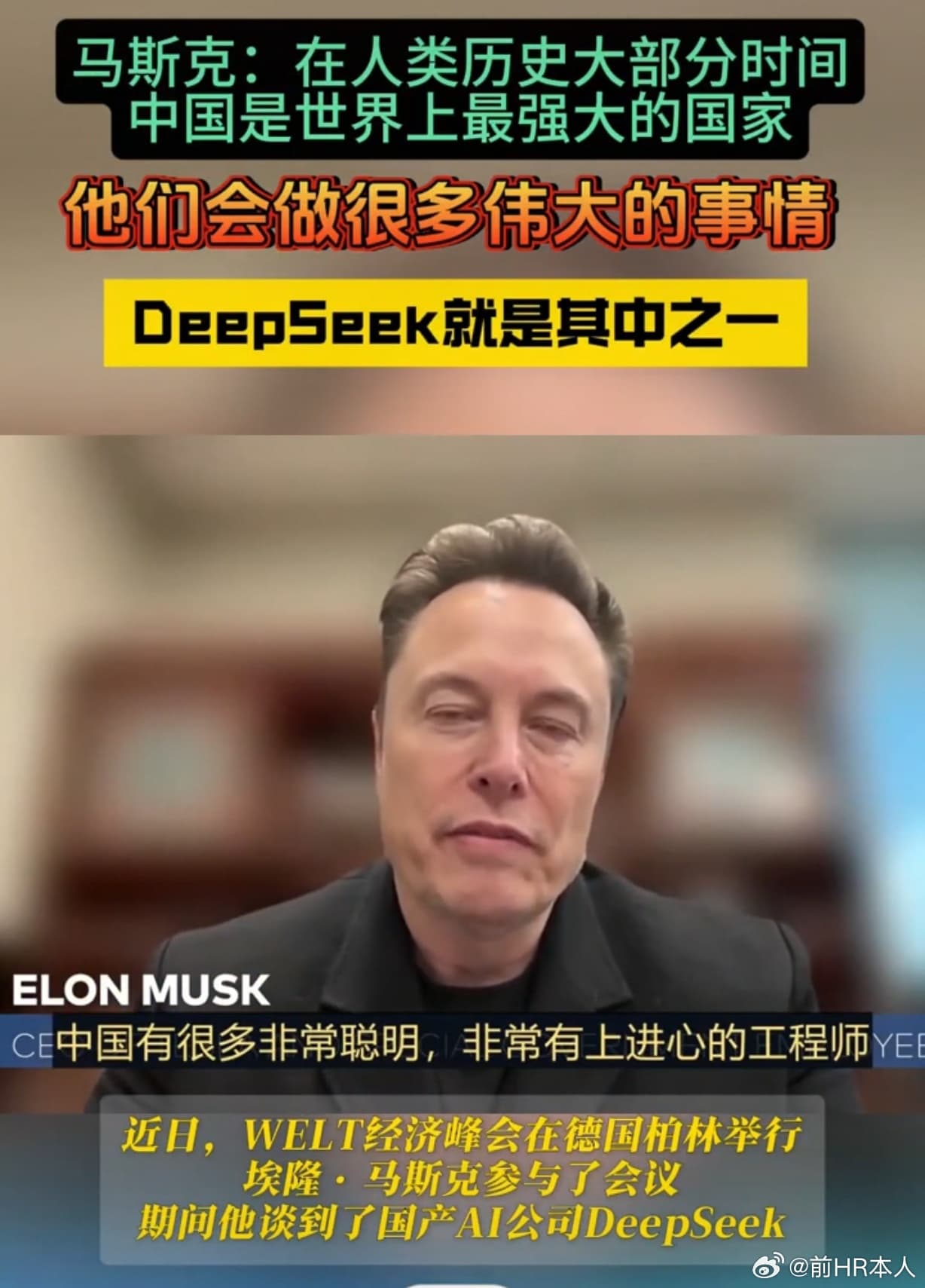
The prevalence of Chinese as a global language, with its vast data accumulation potential, further supports the development of AI models. China's efforts to establish a standardized data construction framework and create high-quality linguistic corpora have provided rich language resources for AI training, notably enhancing the semantic understanding and generation capabilities of Chinese AI models. As AI continues to advance, it is likely that only two languages – Chinese and English – will remain relevant for AI training, due to their extensive linguistic resources and versatility.
Elon Musk's recent comments at the WELT Economic Summit in Germany, where he acknowledged China's historical status as the world's most powerful nation and praised DeepSeek as a testament to Chinese talent, have reignited discussions about China's technological prowess and its historical depth. If the advantage of Chinese over English is a critical foundation for this AI competition, then it can be argued that China has already won this decisive battle, given the unification of language and measurements under Qin Shi Huang over 2,000 years ago. This historical legacy has laid the groundwork for China's current AI advancements, positioning the country for continued leadership in the global AI race.
The Chinese language's inherent advantages in AI development are further enhanced by the country's efforts to establish language resources alliances and promote standardized data construction. The gradual building of high-quality Chinese language databases provides rich linguistic resources for training AI models, significantly enhancing the semantic understanding and generation capabilities of Chinese AI. The availability of such extensive and varied language data is crucial for training sophisticated AI models that can comprehend the nuances and complexities of the Chinese language, thereby empowering AI systems to process, generate, and understand human language more effectively.
As the world becomes increasingly interconnected, the upcoming 2025 World Artificial Intelligence Conference, to be hosted by China, is poised to be a landmark event that will bring together nations from around the world to drive global AI development and governance. The conference's significance was highlighted by a recent statement released by the Chinese Foreign Ministry's spokesperson's office, which noted that the event will be a crucial milestone in the development of AI. However, despite the promising prospects, the road ahead is not without challenges. Security concerns and international competition continue to pose significant hurdles, as evident in the decision by DeepSeek's founder, Liang Wenfeng, to boycott the Paris AI conference.
The onus is on countries to work together to ensure that AI is developed and used in a way that benefits humanity as a whole. The 2025 World AI Conference will provide a critical platform for countries to come together and discuss the future of AI, and it is imperative that nations seize this opportunity to promote global cooperation and development. By doing so, they can ensure that AI is used to drive progress, improve lives, and create a better future for all.
Comments



Share this article
Related Articles
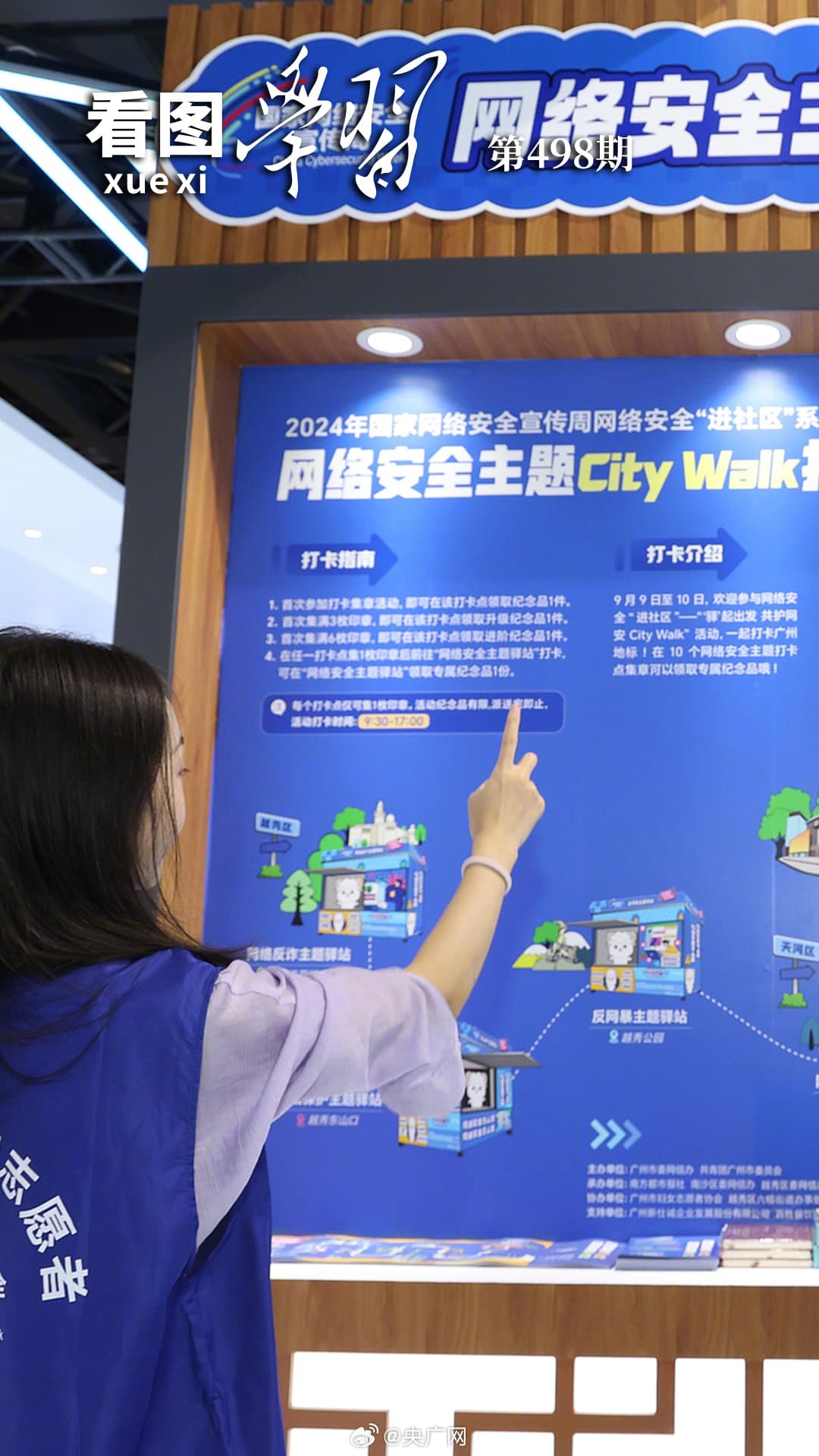
Xi Jinping Elevates Cybersecurity to Core National‑Security Pillar, Driving China’s Quest for a Cyber Superpower
By Trending on Weibo
News & Politics
15 Sept 2025
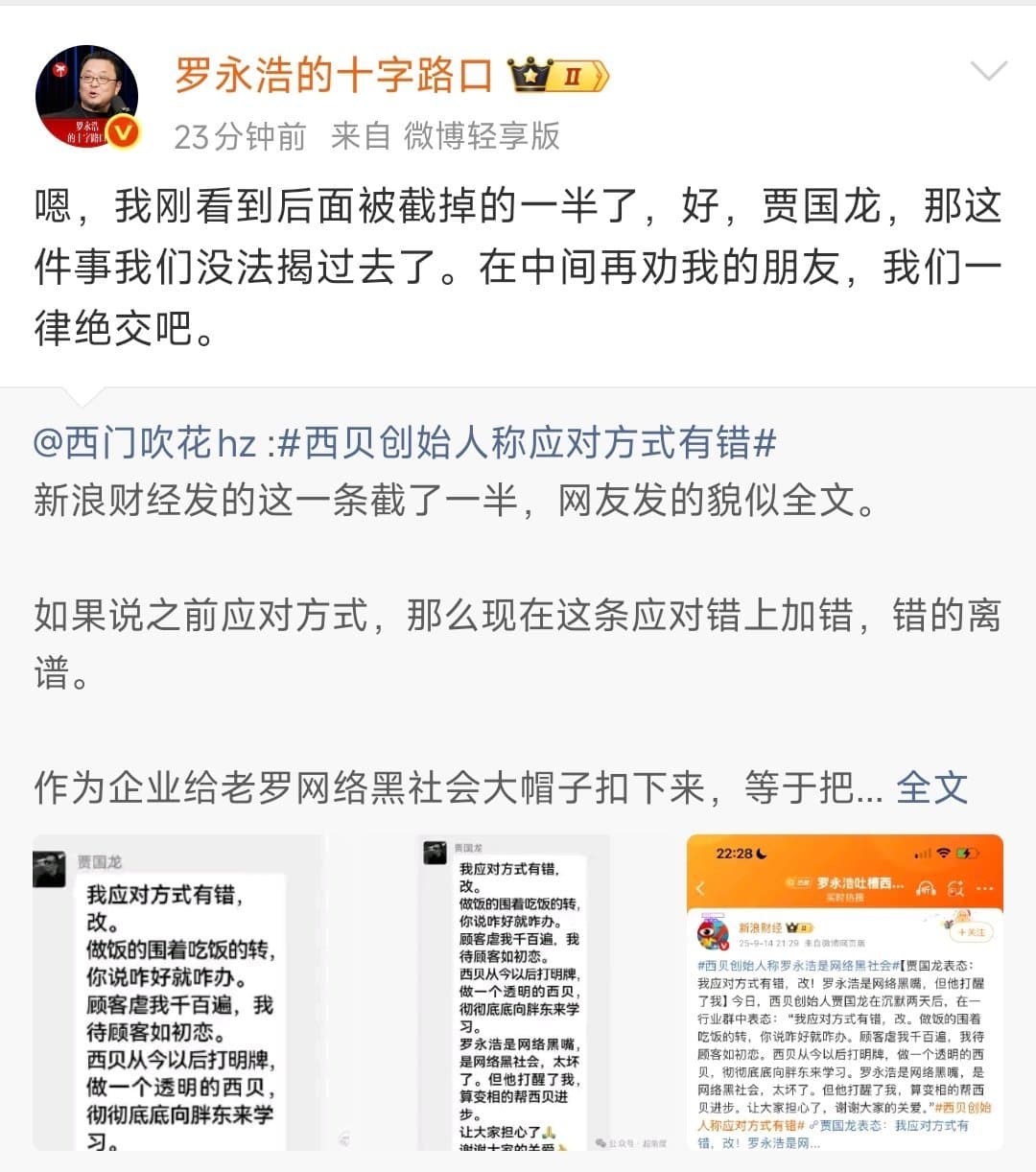
Luo Yonghao vs. Xibei: Celebrity Entrepreneur Sparks Media Storm Over Pre‑Made Dishes and Calls for Transparency
By Trending on Weibo
News & Politics
15 Sept 2025
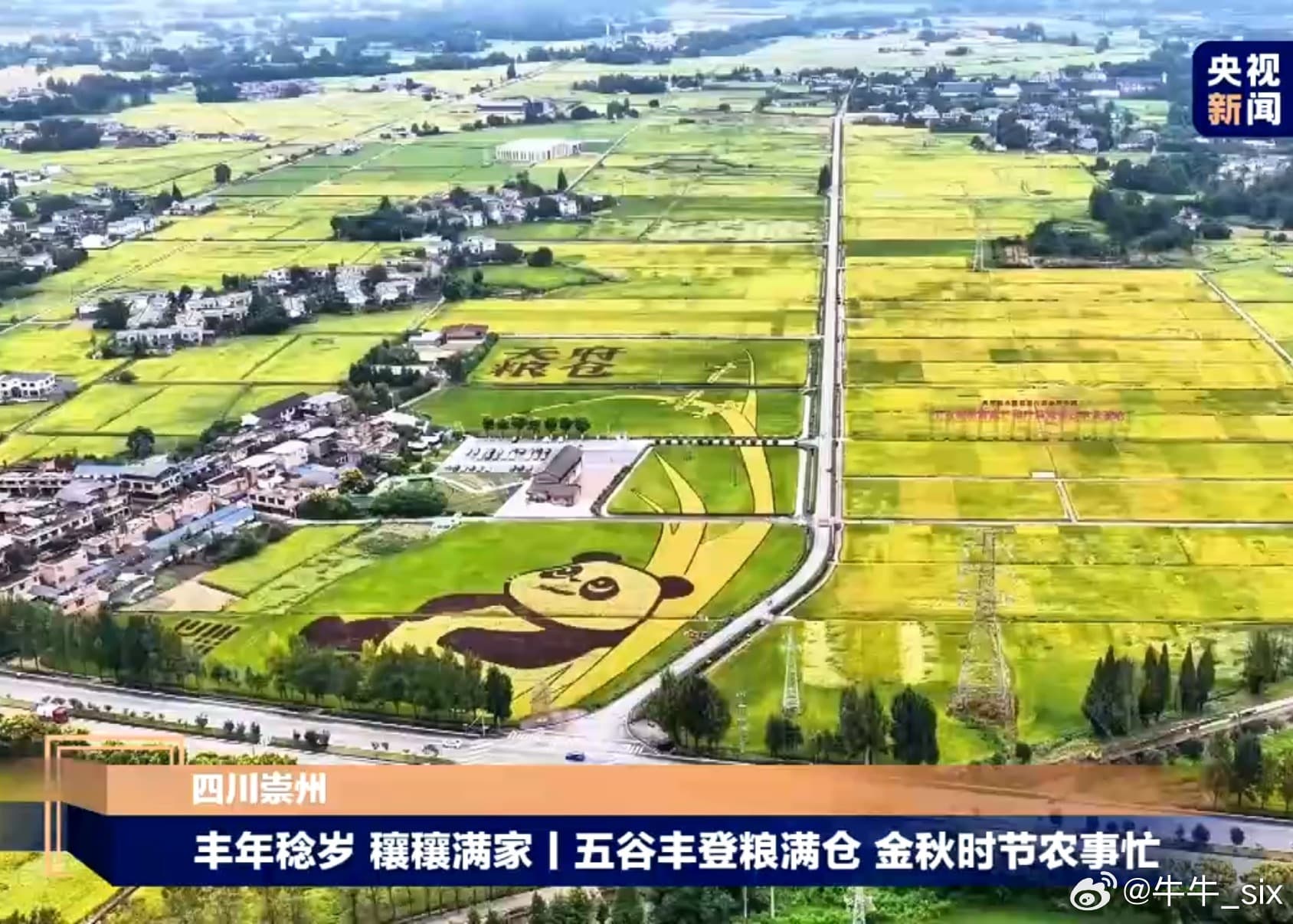
Weibo Celebrates Autumn Harvest as China’s Fields Become the Nation’s Most Beautiful Canvas
By Trending on Weibo
News & Politics
15 Sept 2025
China Enacts First Comprehensive Rental Regulations to Legalize and Stabilize the Rental Market
By Trending on Weibo
News & Politics
15 Sept 2025
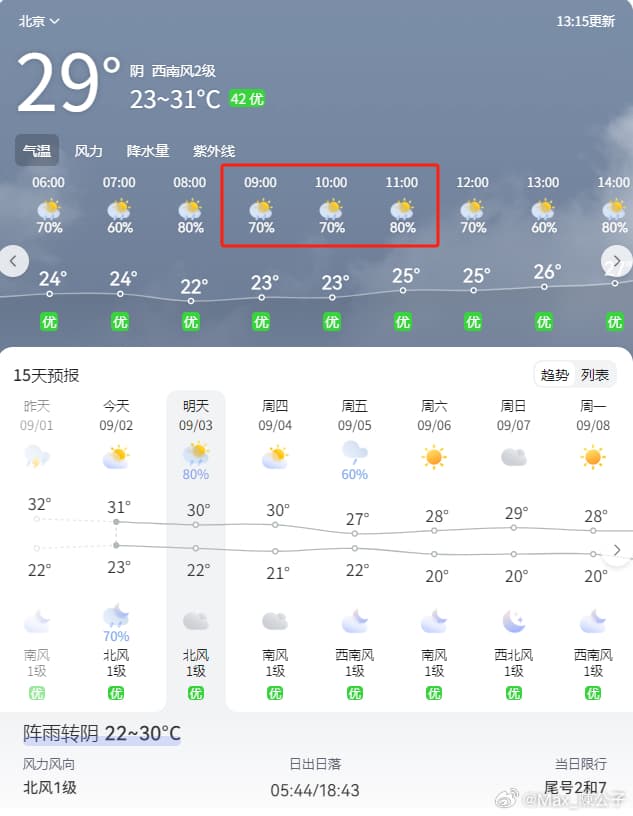
Beijing’s Weather Emerges as a Barometer for China’s Climate Policies and Public Life
By Trending on Weibo
News & Politics
13 Sept 2025